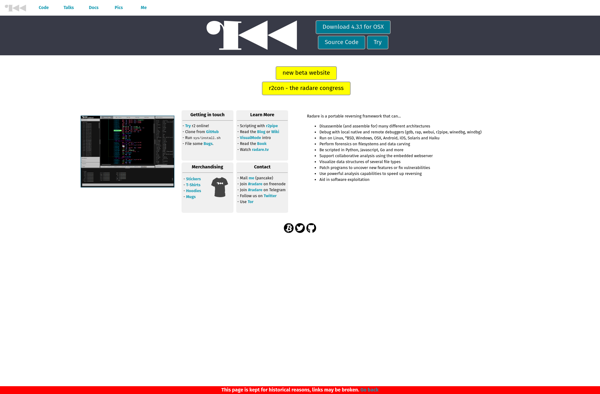GNU Project Debugger
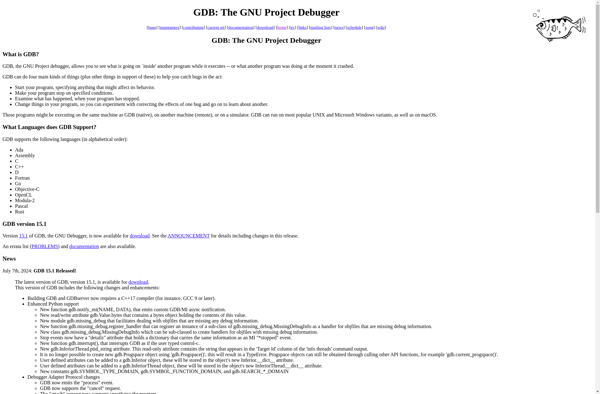
GNU Project Debugger: Portable debugger for Unix-like systems and multiple programming languages
The GNU Project Debugger (GDB) is a portable debugger that runs on many Unix-like systems and works for many programming languages, including C, C++, Objective-C, Fortran, Ada, Go, and Rust. It allows stepping through code, setting breakpoints, and examining variables.
What is GNU Project Debugger?
The GNU Project Debugger (GDB) is a free and open source debugger that can be used to debug programs written in languages like C, C++, Objective-C, Fortran, Ada, Go, and Rust across many platforms including Linux, Unix, and Windows.
Some key features of GDB include:
- Step through program execution line by line
- Set breakpoints to pause execution at particular lines or functions
- Inspect variables and data structures to understand current program state
- Change variable values dynamically during debug sessions
- Integrated disassembly view for analyzing machine code
- Attach to and debug already running processes
- Debug multiple threads and processes
GDB provides a command line interface for interactive debugging. It can also be used with various IDEs and debug GUIs that provide graphical frontends. GDB is highly extensible and customizable via Python scripts.
Key advantages of GDB include that it is free, open source software and works across many platforms and languages. It has a an active development community contributing new features and fixes over its 30+ year history.
GNU Project Debugger Features
Features
- Debugging at source-level
- Support for multiple programming languages like C, C++, Objective-C, Fortran, Ada etc
- Can set breakpoints and examine variables
- Step through code line by line
- Inspect stack traces
- Attach to running processes
- Command line interface
- Scriptable using Python
Pricing
- Open Source
Pros
Cons
Official Links
Reviews & Ratings
Login to ReviewThe Best GNU Project Debugger Alternatives
Top Development and Debugging Tools and other similar apps like GNU Project Debugger
Here are some alternatives to GNU Project Debugger:
Suggest an alternative ❐DnSpy
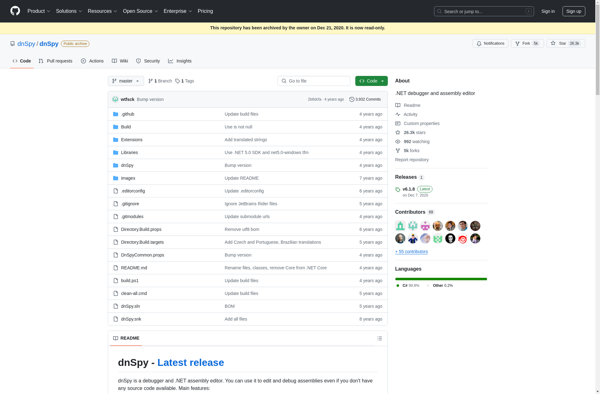
Ghidra

OllyDbg
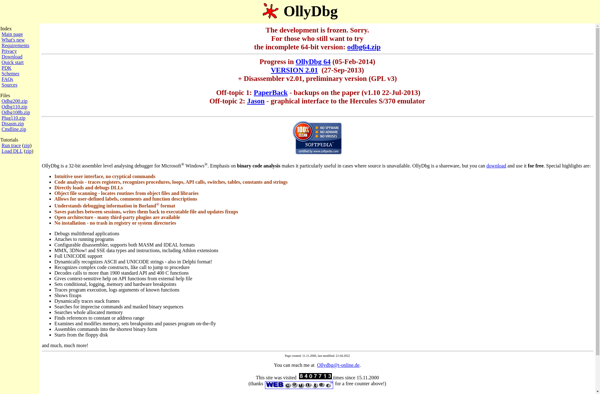
Binary Ninja
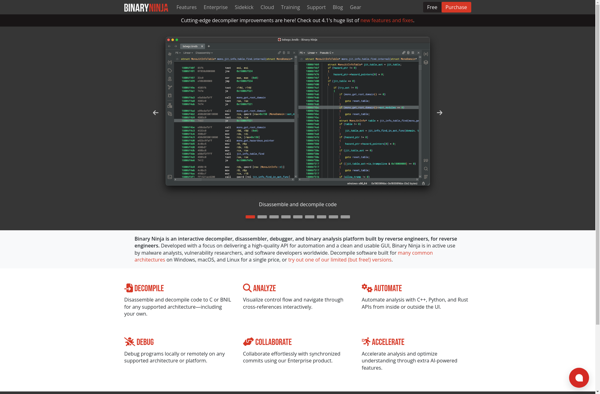
Radare2
